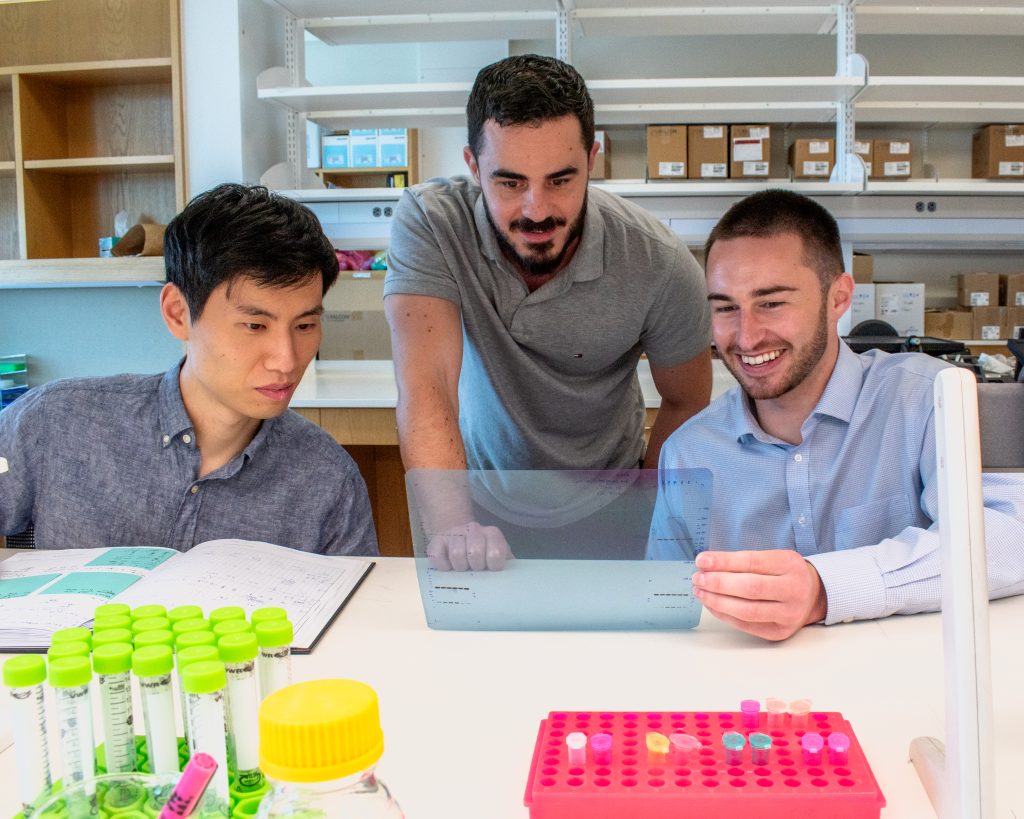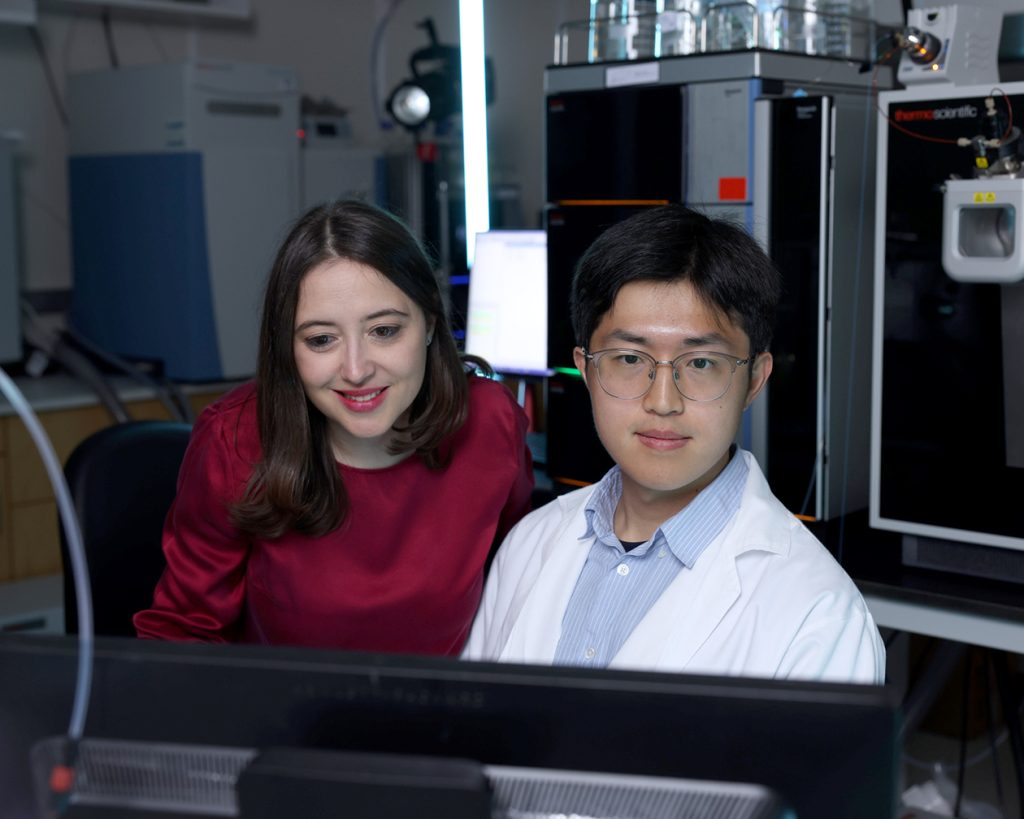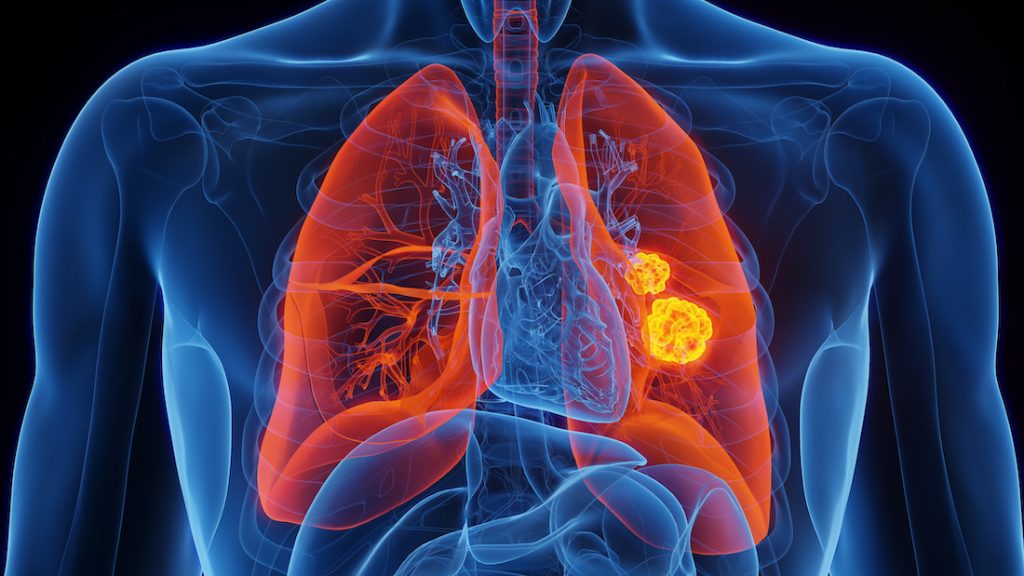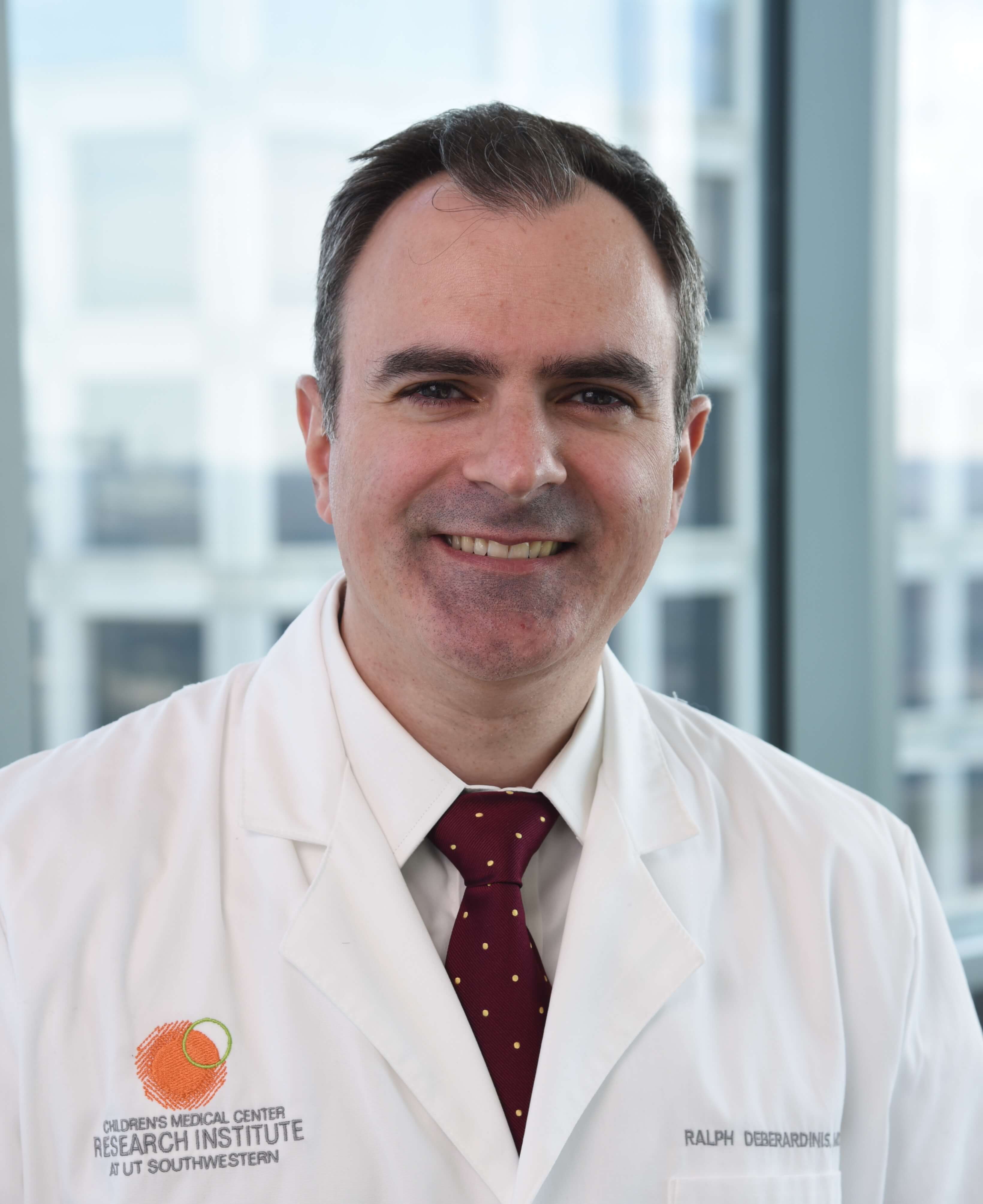
Dr. Ralph Deberardinis
Scientists at the Children’s Medical Center Research Institute at UT Southwestern (CRI) have discovered that lactate provides a fuel for growing tumors, challenging a nearly century-old observation known as the Warburg effect.
This new finding may represent a major shift in how researchers view cancer metabolism and open a new avenue of study for therapies and imaging techniques for lung cancer, which is the leading cause of carcinoma deaths worldwide.
“We were completely shocked by our findings,” said Dr. Ralph DeBerardinis, Professor at CRI, Director of CRI’s Genetic and Metabolic Disease Program, and Chief of the Division of Pediatric Genetics and Metabolism at UT Southwestern. “The oldest observation in cancer metabolism, the Warburg effect, says that lactate is a waste product of the tumor. This concept has driven the vast amount of research in the field. Our finding is a fundamental change in how we think about tumor metabolism.”
The Warburg effect, named after the German cancer biologist Otto Warburg, has three main components:
- Rapid glucose uptake.
- Reduced glucose oxidation even when oxygen is present.
- Secretion of lactate as a waste product.
In the study published in Cell, CRI researchers showed lactate is not only a waste product but also acts as a fuel source consumed by lung cancer cells growing in patients and mice. Combined with a previous study, also published in Cell, from the DeBerardinis lab that showed activated glucose oxidation in tumors, the results of this study are challenging the tenets of the Warburg effect.
“We believe that lactate is one of the fuels that supports growth, proliferation, and maybe even lung cancer metastases,” Dr. DeBerardinis said. “Cancer metabolism is clinically actionable, and understanding the lactate pathway could help us find therapeutic targets for lung cancer. Lactate uptake could also have predictive value when used as an imaging tracer.”
Additional findings in the study suggest a potential link between lactate use and cancer aggression.
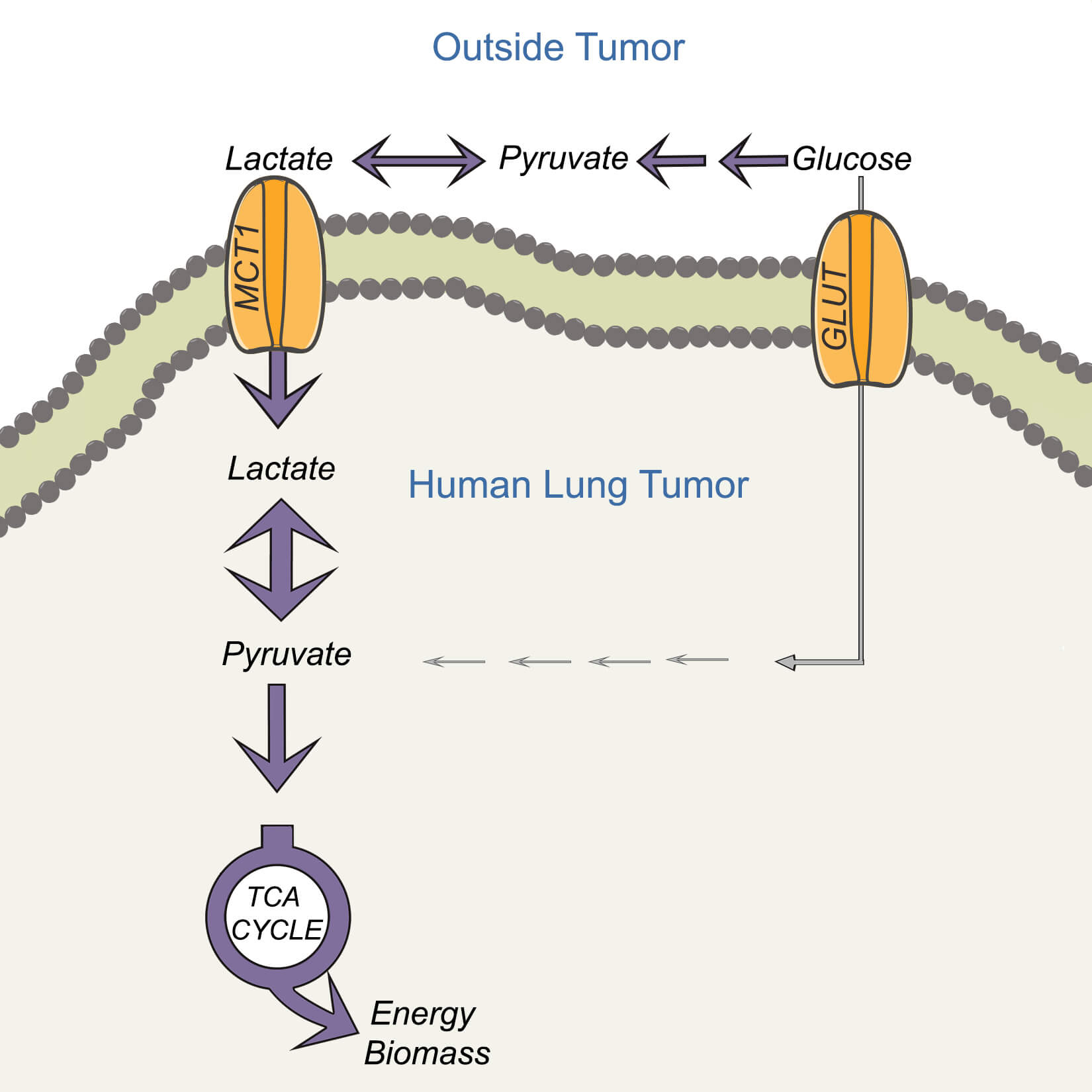 “The findings are preliminary, but we did see a connection between lactate utilization and how quickly the tumors metastasized or recurred. This result suggests that there is something fundamental about the lactate utilization pathway that pertains to the clinical aggressiveness of the tumor,” said Dr. Brandon Faubert, a Canadian Institutes of Health Research Fellow at CRI and lead author of the study.
“The findings are preliminary, but we did see a connection between lactate utilization and how quickly the tumors metastasized or recurred. This result suggests that there is something fundamental about the lactate utilization pathway that pertains to the clinical aggressiveness of the tumor,” said Dr. Brandon Faubert, a Canadian Institutes of Health Research Fellow at CRI and lead author of the study.
An important factor in these new discoveries was the collaboration between scientists at CRI and the clinical team at UT Southwestern. Working closely with medical personnel in Radiology, Pathology, Pharmacy, Anesthesiology, and the surgical team, researchers were able to analyze the metabolism of tumors during surgeries performed to remove the tumors. This approach provided researchers with vital insights that would not occur in laboratory-based experiments.
Dr. Kemp Kernstine, Professor and Chief of the Division of Thoracic Surgery at UT Southwestern, made the clinical work possible. Dr. Kernstine holds the Robert Tucker Hayes Foundation Distinguished Chair in Cardiothoracic Surgery. Dr. DeBerardinis is affiliated with the Eugene McDermott Center for Human Growth and Development and the Harold C. Simmons Comprehensive Cancer Center and is a practicing physician and Division Director of Pediatric Genetics and Metabolism at Children’s Health. He also holds the Joel B. Steinberg, M.D. Chair in Pediatrics and is a Sowell Family Scholar in Medical Research at UT Southwestern.
The National Institutes of Health, the Howard Hughes Medical Institute, the V Foundation for Cancer Research, the Cancer Prevention and Research Institute of Texas, The Welch Foundation, and donors to the Children’s Medical Center Foundation supported the research.
About CRI
Children’s Medical Center Research Institute at UT Southwestern (CRI) is a joint venture of UT Southwestern Medical Center and Children’s Medical Center Dallas, the flagship hospital of Children’s Health. CRI’s mission is to perform transformative biomedical research to better understand the biological basis of disease. Located in Dallas, Texas, CRI is home to interdisciplinary groups of scientists and physicians pursuing research at the interface of regenerative medicine, cancer biology, and metabolism. For more information visit: cri.utsw.edu. To support CRI visit: cri.utsw.edu/support/.

